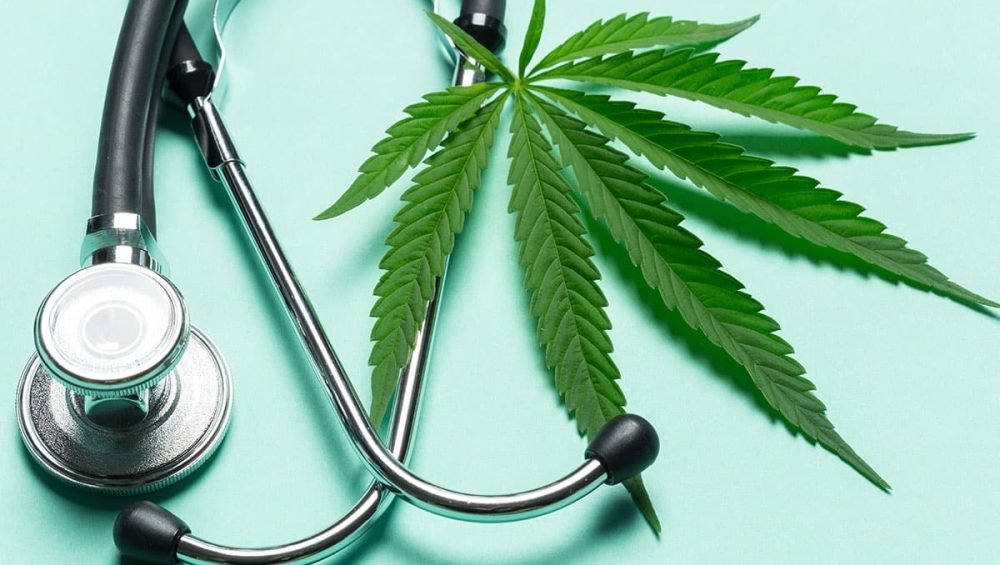A recent study has found that both smoking marijuana and consuming THC-infused edibles are associated with early indicators of cardiovascular disease. Conducted by researchers at the University of California, San Francisco, this study suggests that the health risks associated with cannabis may be more significant than previously understood.
Senior author Matthew Springer stated, “To my knowledge, it’s the first study looking at THC’s impact on vascular function in humans.” The research highlights a concerning trend: healthy individuals who regularly used cannabis exhibited vascular function deterioration similar to that seen in tobacco smokers.
The study evaluated 55 participants aged 18 to 50, categorizing them into three groups: those who smoked marijuana three or more times per week, those who consumed THC edibles at least three times weekly, and non-users. Notably, none of the participants smoked or vaped tobacco, and they had minimal exposure to secondhand smoke.
Using ultrasound technology, researchers assessed the major artery in each participant’s upper arm. After applying a tight blood pressure cuff for five minutes, they measured how well the artery dilated upon release. Results indicated that vascular function decreased by 42% in marijuana smokers and 56% in THC edible consumers compared to non-users.
Dr. Leila Mohammadi, the lead author of the study, emphasized that while the findings show an association between cannabis use and reduced vascular function, they do not establish a direct cause-and-effect relationship. “We can only state that cannabis users have poor vascular function, not that cannabis use causes poor vascular function,” she noted.
The study also revealed surprising results regarding THC edibles. Dr. Andrew Freeman, a cardiovascular prevention expert, remarked, “Could it be that other forms of marijuana — teas, tinctures, edibles — are perhaps not as benign as we once thought?” He called for larger studies to confirm these findings.
The endothelial cells lining blood vessels are crucial for regulating blood flow and preventing clot formation. When these cells are inflamed, plaque buildup can occur, increasing the risk of heart attacks and strokes. Although the study did not measure plaque directly, Springer stated that the reduced ability of blood vessels to dilate indicates underlying issues that could lead to cardiovascular problems in the future.
Prior research has linked marijuana use to higher risks of heart attack and stroke. A February 2024 study found that daily cannabis users faced a 42% increase in stroke risk and a 25% increase in heart attack risk, even among those without pre-existing heart conditions. Another study in February 2023 indicated that daily marijuana use could raise the risk of coronary artery disease by one-third compared to non-users.
The American Heart Association advises against smoking or vaping any substance, including cannabis. Their 2020 guidance highlighted potential heart rhythm irregularities that could occur shortly after smoking THC-laden products.
The study’s findings underscore the need for caution among cannabis users, particularly regarding the frequency and potency of their consumption. Mohammadi stated, “Higher cannabis use — whether smoked or ingested — is associated with poorer vascular function, highlighting the cardiovascular risks that increase with higher potency and frequency of use.”
In laboratory analyses, researchers compared blood serum from cannabis smokers and edible users with endothelial cells. They found that serum from edible users did not harm cell function, while serum from smokers resulted in a 27% reduction in nitric oxide production, similar to findings in tobacco research.
Springer cautioned against concluding that THC alone is responsible for vascular damage, suggesting that the act of smoking marijuana also contributes to cardiovascular issues. He noted, “Rats exposed to marijuana smoke without cannabinoids still showed vascular and cardiac impairment. Therefore, switching from tobacco to marijuana does not eliminate health risks.”
Freeman suggested that there might be an optimal level of cannabis consumption that minimizes health risks, stating, “In people, there’s like a Goldilocks zone for everything — too much doesn’t do right, too little doesn’t do right, but just right does fine.”
As the research landscape continues to evolve, these findings highlight the importance of understanding the health implications of cannabis use, particularly in relation to cardiovascular health.




